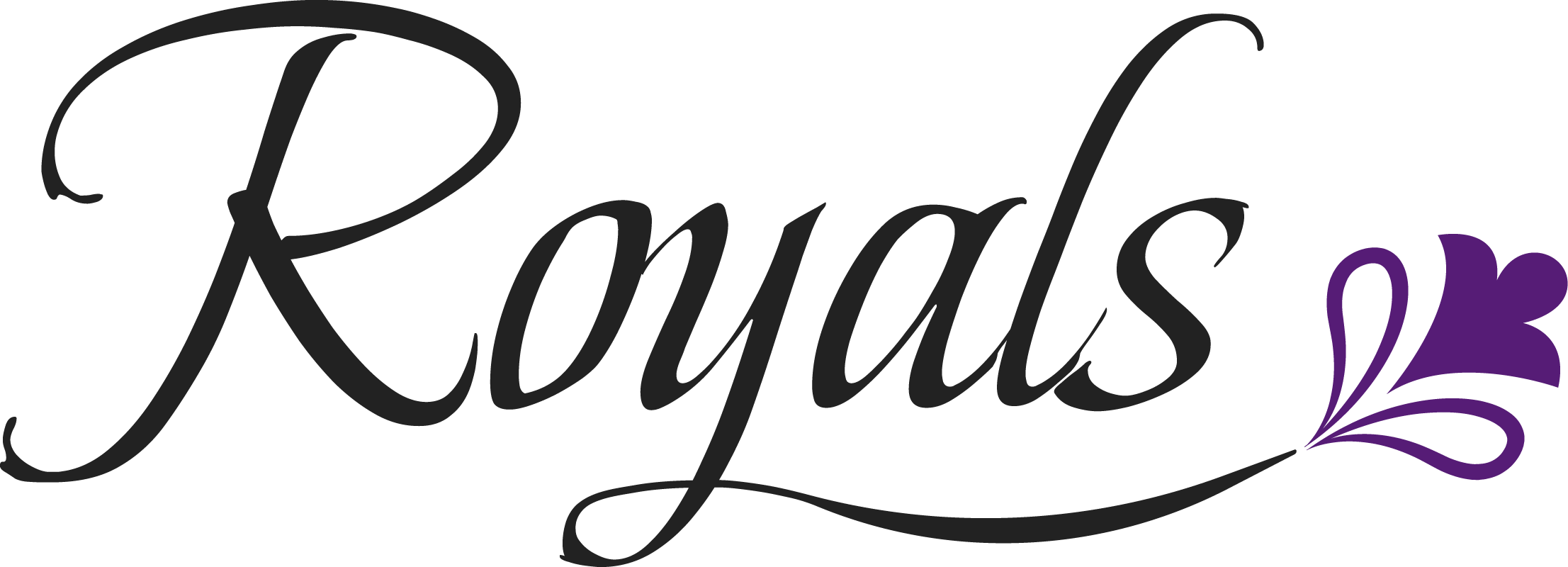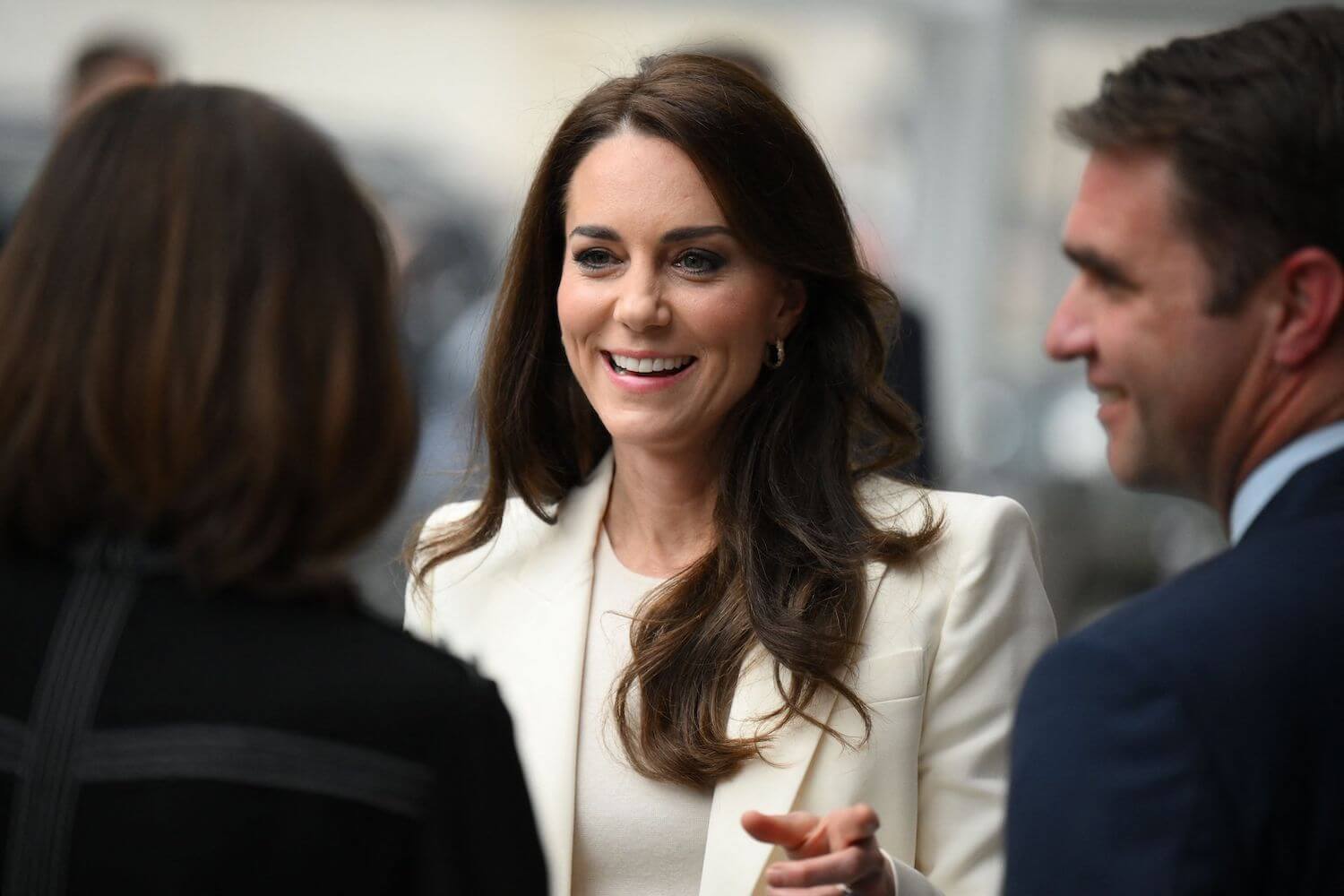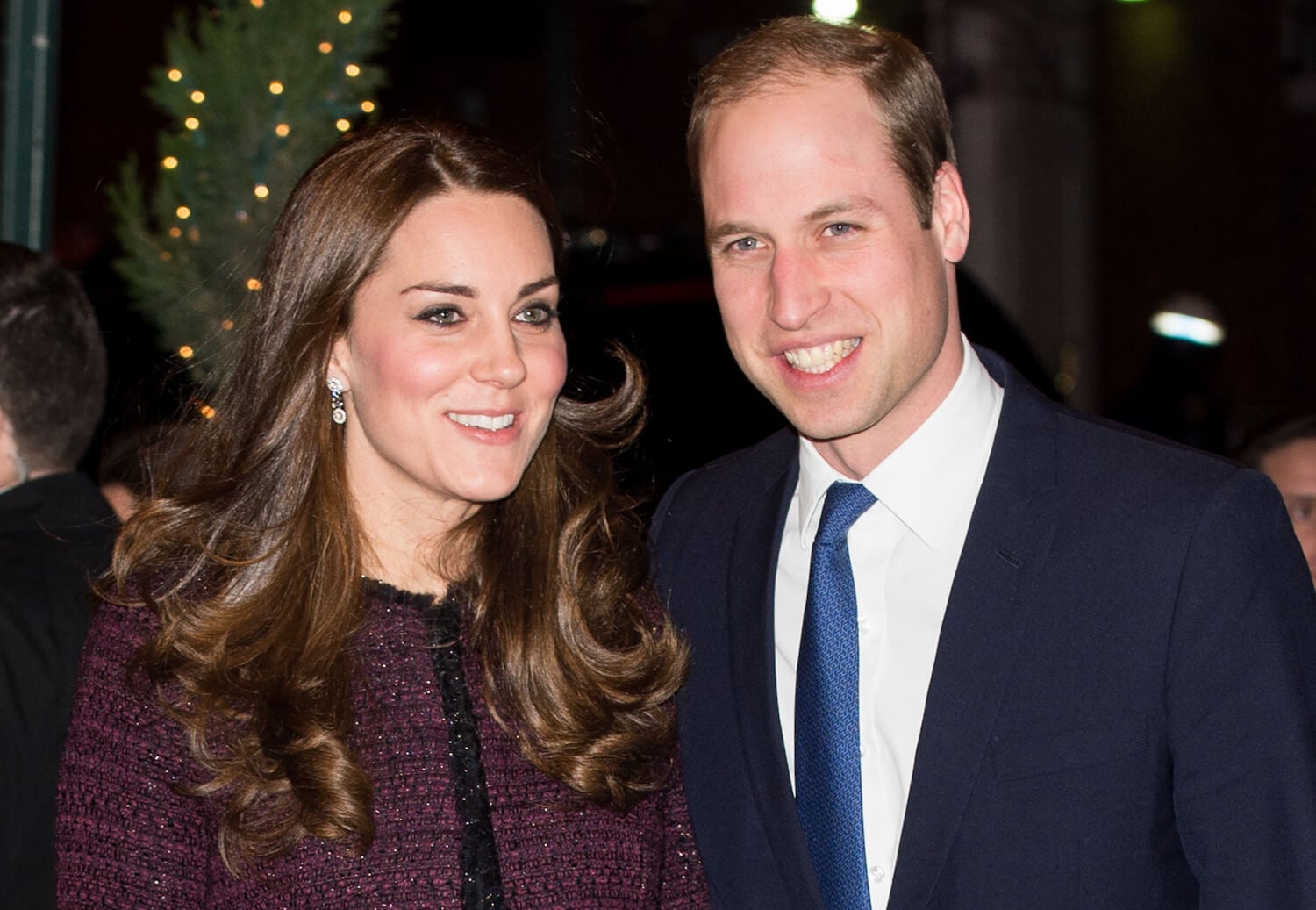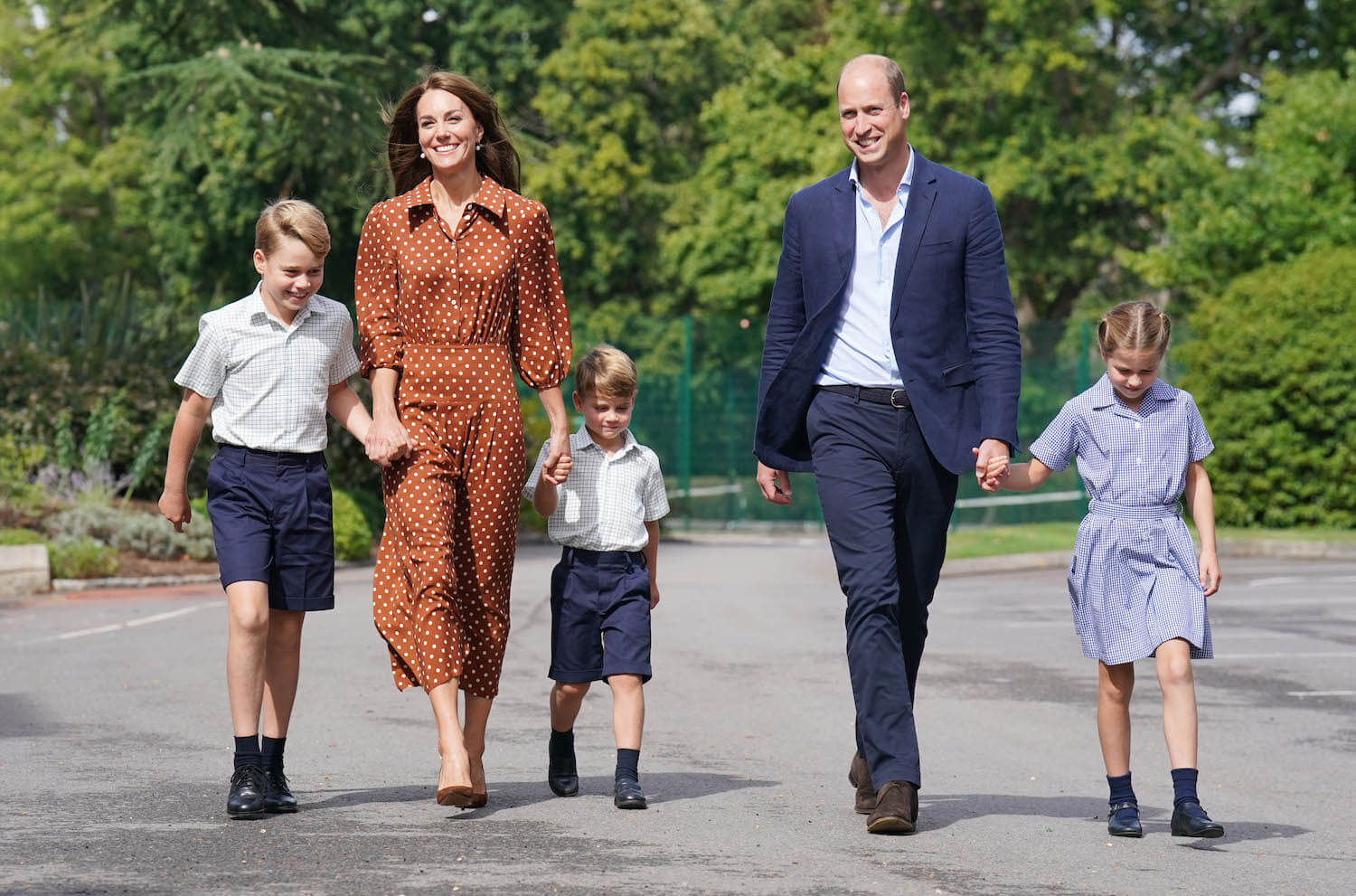
Prince William and Kate Middleton Are ‘Modern Parents’ Striving to Give Their Children ‘Normal’ Upbringing
A royal author believes Prince William and Kate Middleton are trying to give their children as normal an upbringing as possible. Though the royal world is vastly different than what most would call “normal,” the couple strives to raise George, Charlotte, and Louis in a modern way.
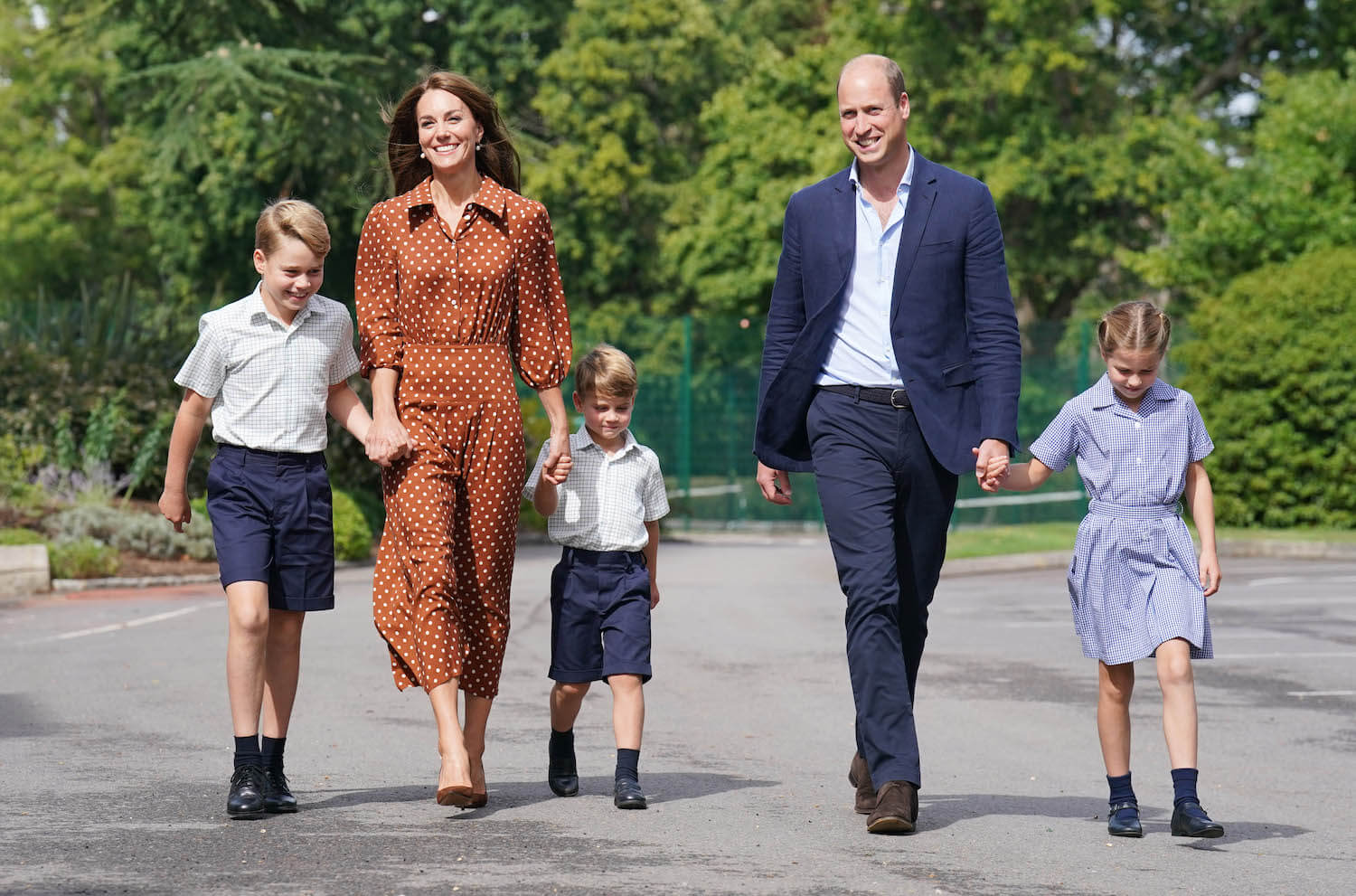
Prince William and Kate Middleton are trying to give their children a normal upbringing
Tom Quinn, author of Gilded Youth: An Intimate History of Growing Up in the Royal Family, shared his thoughts on how William and Kate are raising their children.
The author told Express how William and Kate’s “normal” for their children is quite different from the real world. “For example, the fact that they’ve moved to Windsor so that their children can have more space, they can only have that because they have the private grounds of Windsor Castle, hundreds of acres,” Quinn said.
He also noted, “And it’s almost certain, I would have thought, that George and Louis will go to Eton, which is only a 10, 15-minute drive from Windsor. Normal for most people doesn’t mean [accessing] the most expensive, the most exclusive school.”
Quinn also pointed out how William and Kate are much more involved with their kids compared to past generations of royal parents and children.
“I think what William and Kate are really trying to indicate is that they will be involved much more with their children, especially their boys,” the author said. “So they will always have the example of Charles, who’s been very public about being sent to Scotland to this dreadful school to make a man of him. That’s all gone, there’s no way that William and Kate will do something like that with their children.”
He added, “And even if they did board [at Eton College], they could still see their children every weekend, which wasn’t the case for poor Charles up at Gordonstoun. So they’ll be around more.”
Prince William and Kate Middleton are ‘modern parents,’ author says
William and Kate get assistance from nannies but not to the extent that royals used to have paid staff who raised the children. “They’re still employing paid staff, nannies, and people to look after the children, but they will not be seeing them for half an hour a day as it used to be,” Quinn explained.
He added, “Until the generation of Charles, Andrew, and Edward, it was traditional for royal parents to see their children for about half an hour each day.”
Quinn noted, “The fact that they moved to Adelaide Cottage is their way of saying we’re going to be seeing our children a lot more than you might think. Because they want to see them more and because they are modern parents.”
While William and Kate want a more “normal” experience for their kids, their childhood is anything but typical. “I think normal is partly true, but not in the way the rest of us probably would define it,” Quinn said.
Author says Prince William and Kate Middleton have ‘broken the mold’ when it comes to raising royal children
During an episode of The Royal Report podcast, Quinn echoed the same thoughts about how Kate and William are raising their children differently than royal kids were in the past.
“They will genuinely be more involved because they’re aware — William, especially and Harry — their parents’ marriage was a disaster and their upbringing was a disaster because they weren’t involved,” Quinn explained.
He continued, “I think they are the first generation that you could almost say they’ve broken the mold of this very traditional royal upbringing where you basically pay other people to do all the work, and you only see your children for half an hour a day.”
Quinn noted, “They’ve broken the mold, but not entirely. I think they like the idea that they’ve put out, that they want their children to have a more normal childhood because that goes down well with the public.”
He added, “On one hand, they want to represent this traditional continuity, this glorious world that the rest of us can look up to. But on the other hand, they want to be seen as ordinary people just like the rest of us.”
